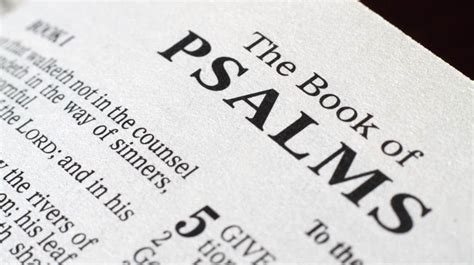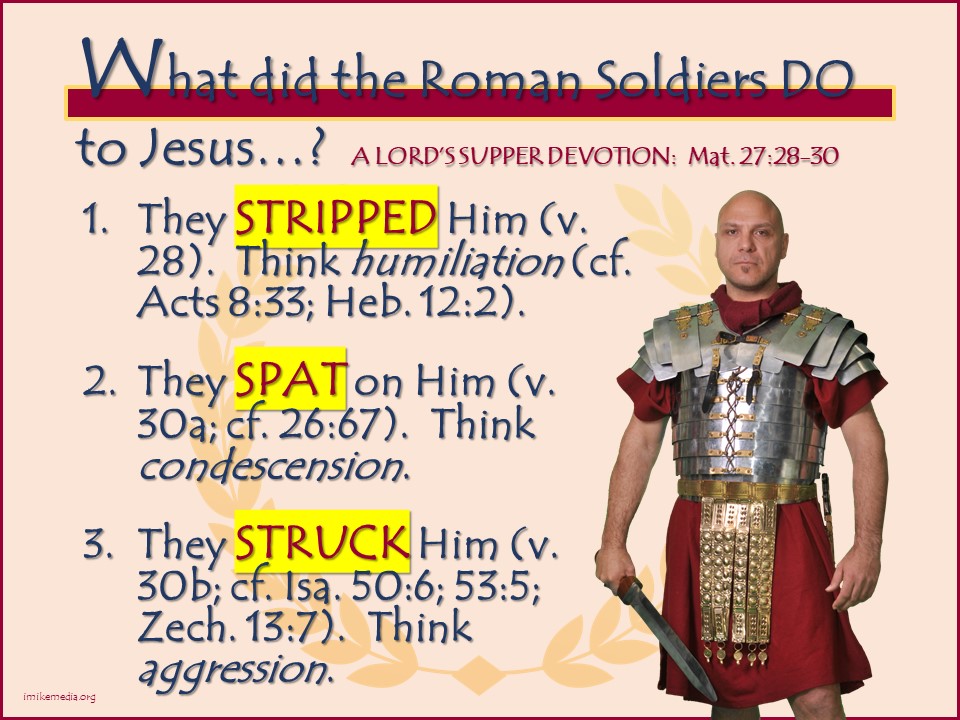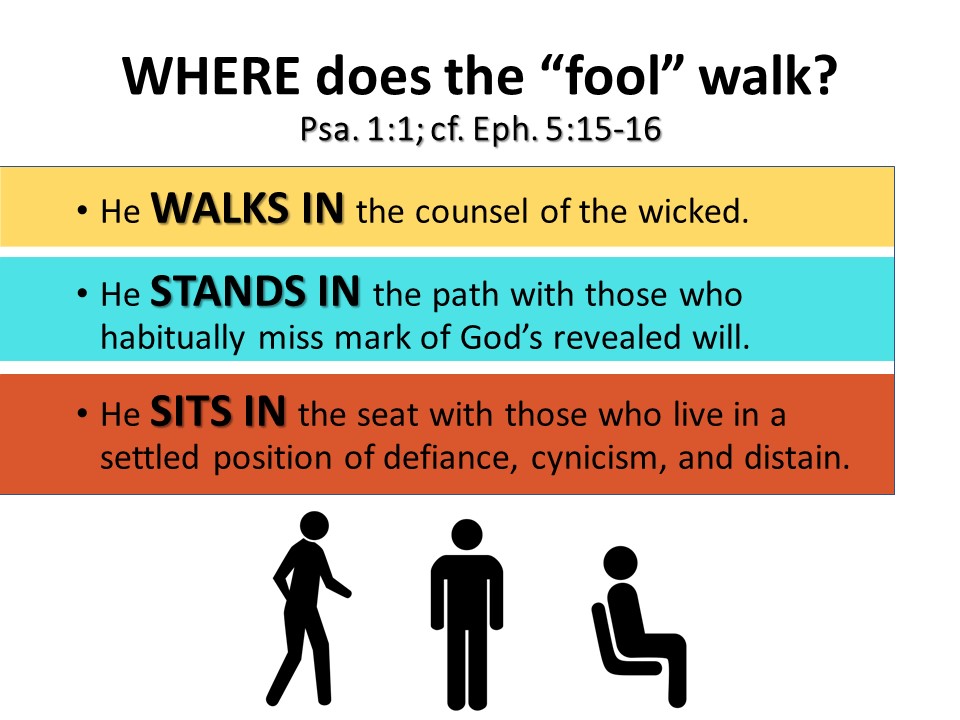by Mike Benson
SEVENTEEN verses. Seventeen long verses of genealogy with hard-to-pronounce names like Zerah, Hezron, Amminadab, Nahshon, Rehoboam, Jehoshaphat, Uzziah, and Jeconiah—just to name a few.
From a modern vantage point, this might not have been the most effective way to start a New Testament book—much less the first book of the New Testament. I mean, let’s face it, genealogies can be, dare I say it, bland at best, and yet that’s exactly how the Holy Spirit in His infinite wisdom chose to initiate this particular gospel account. This tells us that Jesus’ genealogy is here for a reason—and as we incrementally read our way through these seventeen verses of Scripture, we begin to uncover the Divine method behind this literary madness.

Note first part of verse 1: “The book of the genealogy of Jesus Christ, the Son of David…” This esteemed personality would have immediately caught the eyes and hearts of every dedicated Jewish reader who was looking for the Messiah because “The Son of David” not only rooted Jesus Christ in David’s lineage, but it also demonstrated that God had kept His promise and “establish(ed) the throne of (his descendant’s) kingdom forever (cf. Ps. 89:29; 132:11; Lk. 1:32; Acts 2:30-36). It therefore it comes as no surprise then that Matthew often employs the phrase “Son of David” as a messianic title for Jesus, reminding His readers that Jesus was not some usurper to the throne, but that He was the legitimate heir and ruler of that eternal kingdom (9:27; 12:23; 15:22; 20:30-31; 21:9, 15; 22:42).
But notice also the latter part of verse 1: “The book of the genealogy of Jesus, the Son of David, the Son of Abraham.” This description not only placed Jesus in the lineage of Israel going all of the way back to father Abraham, but it also vividly demonstrated that He was/is the fulfillment of God’s promises, not only through David, but through Abraham as well. Back in Genesis, God told Abraham, “And in you all the families of the earth shall be blessed” (Gen. 12:3b), “In your seed all the nations of the earth shall be blessed…” (22:18b). Paul later explains that Jesus was/is that “seed” of Abraham (Gal. 3:16).
But there is another fascinating detail about the Jesus’ genealogy that commands our attention. Matthew not only connects notable women as well. Ironically, Old Testament genealogies were concerned with male, as opposed to female, lineage—and yet, here they are in this inspired account: 1) Tamar (v. 3) who disguised herself as a prostitute and committed fornication with her father-in-law Judah (cf. Gen. 38), 2) Rahab (v. 5) the notorious Canaanite prostitute of Jericho (cf. Josh. 2), 3) Ruth (v. 5) the Moabite of whom God had said, a “Moabite shall not enter the assembly of the Lord” (cf. Ruth 1-4; cf. Deut. 23:3), and finally, 4) Bathsheba (v. 6) not mentioned by name, but is referred to as “her who had been the wife of Uriah,” who committed adultery with a king (cf. 2 Sam. 11).
All four of these women would have certainly been shunned by the elite Jewish society of Matthew’s day, and yet the Bible lets us know why they, like David and Abraham, were also included in Jesus’ lineage. You see, while Christ is the Son and Seed of the likes of as David and Abraham, He also is the descendant of broken, imperfect, weak, and sinful people, which is exactly why you and I cannot and must not pass over His genealogy. Jesus the Anointed One/Messiah, the Son of David, the Son of Abraham, and the offspring of sinners—is uniquely qualified to serve and save sinners Himself (Heb. 4:15; Lk. 19:10) because He Had sinners in His own family tree!
Good brethren, please don’t pass over this genealogy in Matthew. What might initially seem like a poor way of starting a book, is actually a storehouse of faith-building, soul-strengthening truth.
FOR DEEPER UNDERSTANDING:
1. Give some reasons as to why the Jews were so interested in genealogies.
2. How is Matthew’s genealogy of the Christ different from Luke’s?
3. How could Jews know to refer to Jesus as “Son of David?” Be specific
4. What is the relationship between Old Testament genealogies and the promises of God?































